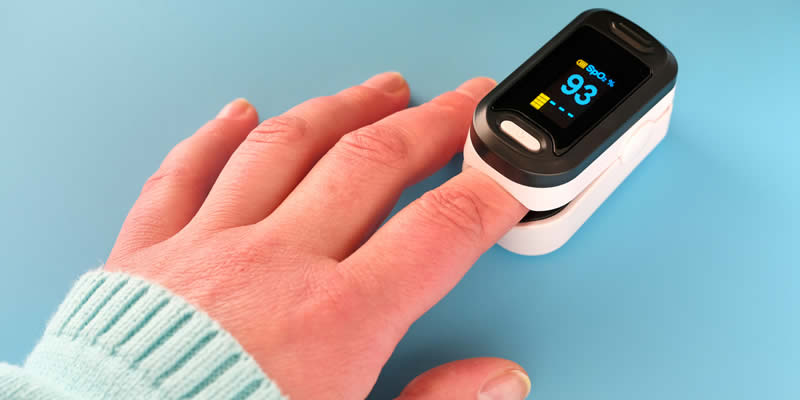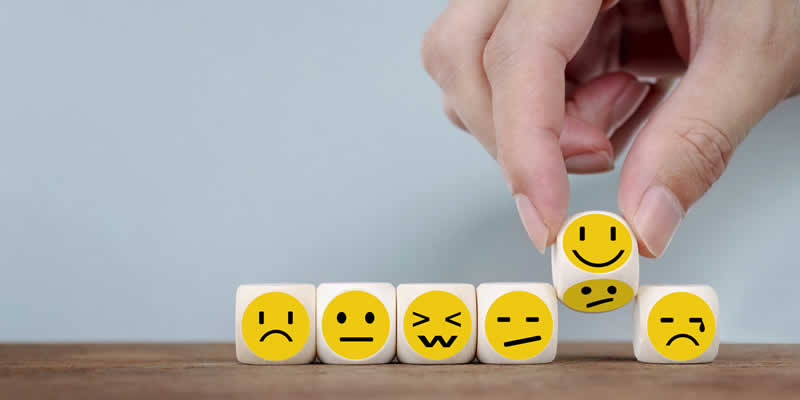A doctor is urging people to buy a £20 medical gadget which he thinks could help people with COVID-19 know when they treat hospital treatment.
One of the dangerous symptoms of coronavirus is oxygen levels in the blood can drop to dangerously low levels without the person realising.
Known as “silent hypoxia”, it means some people seek treatment too late.
But, according to Dr Matt Inada-Kim, a consultant in acute medicine at Hampshire Hospitals, a pulse oximeter would allow people with COVID-19 to monitor their own oxygen levels at home.
Speaking to BBC Radio 4’s Inside Health, he said: “With COVID, we were admitting patients with oxygen levels in the 70s or low-or-middle 80s. It was a really curious and scary presentation and really made us rethink what we were doing.”
In England, the devices are currently being given to people who have become infected with coronavirus and are over 65, or who have other health conditions.
The idea is, they can monitor their oxygen levels at home and if they fall to 93% or 94%, then they should speak to their GP or call 111. Levels that drop below 92% are told to go to straight to hospital.
Dr Inada-Kim said: “The point of this whole strategy is to try to get in early to prevent people getting that sick, by admitting patients at a more salvageable point in their illness.”
Chris Harris was one of the first people to take part in the new scheme. Last November, the 70-year-old was being treated for a urinary infection, but then he also became infected with COVID-19.
He said: “I don’t mind admitting I was in tears, it was a very stressful, frightening time.
- PM warns new COVID-19 strain could be more deadly
- China introduces anal test swabs to detect COVID-19
“My breathing started to get a little bit laboured, I had a high temperature as the days went on, [my oxygen levels] were progressively getting lower, they were in their 80s.”
He continued to monitor his oxygen levels at home and eventually realised he needed hospital treatment.
He said: “I may have gone [to hospital] as the very last resort and that’s the frightening thing. It was the oxygen meter that forced me to go, I would have just sat it out thinking I would recover. I am extremely lucky and very, very grateful.”
- Browse oximeters under £20






